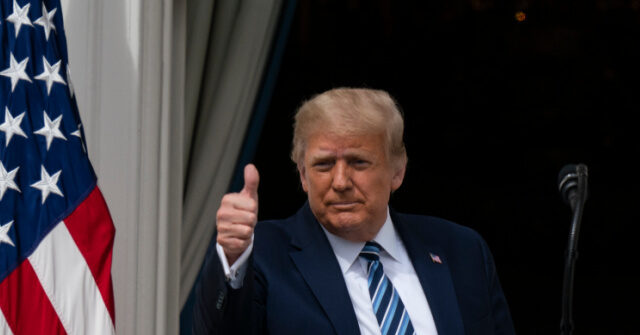President-elect Donald Trump has publicly reaffirmed his support for Defense Secretary nominee Pete Hegseth, countering speculation about potential alternatives. In a post on Truth Social, Trump referenced an op-ed by Miranda Devine from the New York Post, which criticized the Democratic Party’s negative attacks on Hegseth. This endorsement underscores Trump’s steadfast commitment to Hegseth amid the criticism, suggesting that he remains a favored candidate to lead the Pentagon and reshape the military’s agenda.
In her op-ed, Devine lauds Hegseth’s qualifications as “intelligent, articulate, and patriotic,” highlighting his distinguished educational background from Princeton and Harvard, alongside his service as a combat veteran in Iraq and Afghanistan. She notes that Hegseth, who has received two Bronze Stars, stands as a strong choice to lead the Defense Department, especially in light of declining recruitment numbers attributed to “woke” ideologies permeating the military under the current administration. Devine emphasizes Hegseth’s capabilities, asserting he surpasses Kamala Harris’s qualifications to command military operations effectively.
Devine characterizes Hegseth as the ideal candidate to reinvigorate military morale, which she argues has suffered during the Biden-Harris presidency. She cites various points of contention, including the chaotic exit from Afghanistan and the military’s increasing focus on social issues rather than core defense responsibilities. Central to her argument is Hegseth’s proposed erasure of critical race theory and diversity, equity, and inclusion initiatives from military training, which she believes detract from the primary purpose of a fighting force. This critique reflects a broader concern among Hegseth’s supporters about the ideological shift they perceive in military priorities.
The op-ed further sheds light on the backlash Hegseth’s nomination has incited among establishment figures, particularly within the military-industrial complex. Devine reports that some defense industry executives expressed unease with Hegseth’s potential to disrupt the status quo, fearing a loss of influence over Department of Defense decisions. This perspective is underscored by comments from various industry insiders who have voiced dismay over his candidacy, indicating a level of concern regarding Hegseth’s willingness to diverge from traditional policies that have historically benefited defense contractors.
In her analysis, Devine critiques the dismissive attitudes displayed by certain political adversaries toward Hegseth, pointing out that such elitism has alienated voters and contributed to Democratic losses in recent elections. She mentions how media commentators, such as MSNBC’s Joy Reid, have attempted to undermine Hegseth by reducing his qualifications to mere descriptions of his media presence, ignoring his academic and military credentials. This reflection on the Democratic infighting encapsulates Devine’s belief that Hegseth’s nomination signals a transformative moment for the military and a repudiation of the elitist mindset that she asserts has hampered the party’s performance.
In conclusion, Devine frames Trump’s steadfast support of Hegseth as part of a broader narrative of change that resonates with a segment of the electorate eager for a military that prioritizes readiness and traditional values over progressive social constructs. She suggests that Hegseth embodies the type of leadership that is necessary to turn the tide for the armed forces, reclaiming the military’s focus on combat readiness and strategic priorities. This endorsement of Hegseth signifies a commitment to reshaping the military’s culture, reflecting the broader mandate for change that Trump represents.

